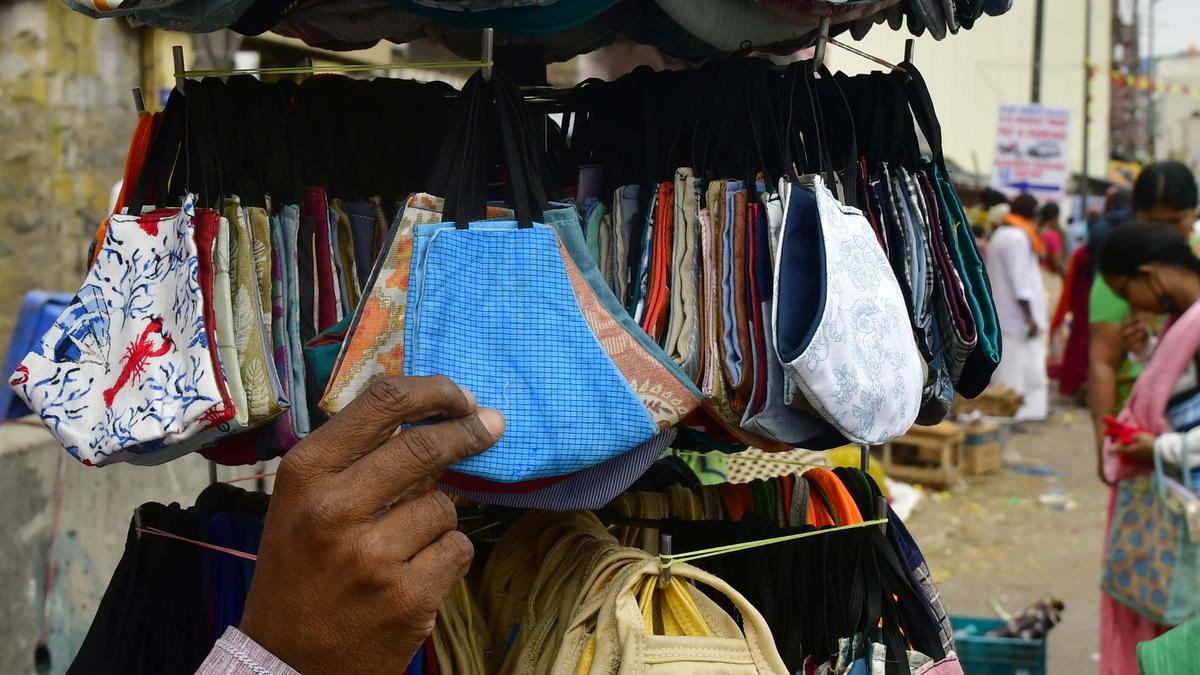
HMPV is not a mysterious virus, we see it every year: paediatricians
The Hindu
Hyderabad pediatrician addresses concerns about Human Metapneumovirus outbreak in China, emphasizing prevention and symptomatic care.
With growing concerns about the Human Metapneumovirus (HMPV), following viral reports of an outbreak in China, Hyderabad-based paediatrician are attempting to calm residents: the virus is neither new nor unusual, they say.
“HMPV is not a mysterious virus. We see it every year, typically from around July or August to December or January,” said paediatrician Sivaranjani Santosh. She explained that the virus commonly causes symptoms such as cough, cold, and fever, but can lead to severe illness requiring oxygen support or ventilation in rare cases.
While there is no definitive antiviral treatment for HMPV, she said management focuses on symptomatic care. Dr. Santosh urged residents to avoid unnecessary alarm but advised vigilance, particularly in light of uncertainties surrounding the nature of the outbreak in China. “We do not know if China is experiencing its regular seasonal outbreak or if a new mutant strain of HMPV is causing significant disruption,” she noted.
The pediatrician also highlighted the importance of preventive measures, especially during the season when respiratory viruses like Influenza, RSV, and Adenovirus are prevalent. She advised parents to refrain from sending sick children to school, citing the risk of severe illness in vulnerable individuals.
“What may be a mild illness for your child could turn into a serious condition for others,” Dr. Santosh warned. She called for adherence to cough etiquette, mask usage when needed, and good hand hygiene practices to curb the spread of respiratory infections.
Prabhukumar Challagali, president of the Indian Medical Association (IMA) Banjara Hills, highlighted that the Human Metapneumovirus (HMPV), which causes cold and flu-like symptoms, primarily impacts the elderly and children during the winter season. “Currently, respiratory infections are under control, but caution is advised,” he noted. Dr. Challagali also urged individuals to refrain from self-medication and to consult a doctor if symptoms persist.

 Run 3 Space | Play Space Running Game
Run 3 Space | Play Space Running Game Traffic Jam 3D | Online Racing Game
Traffic Jam 3D | Online Racing Game Duck Hunt | Play Old Classic Game
Duck Hunt | Play Old Classic Game











